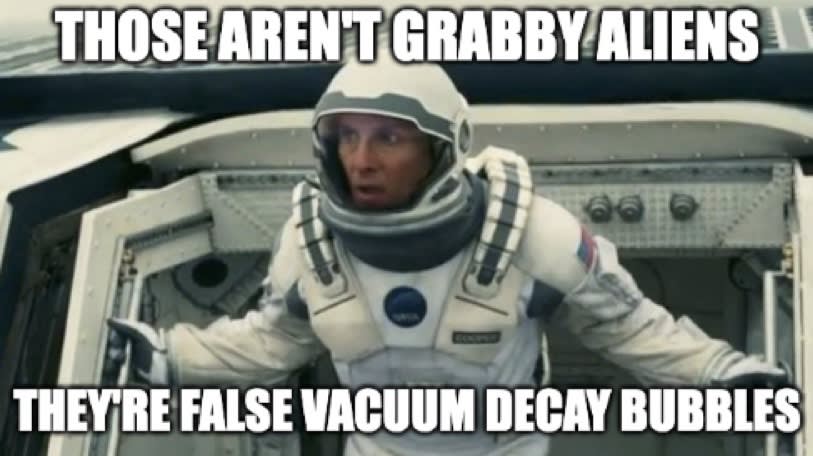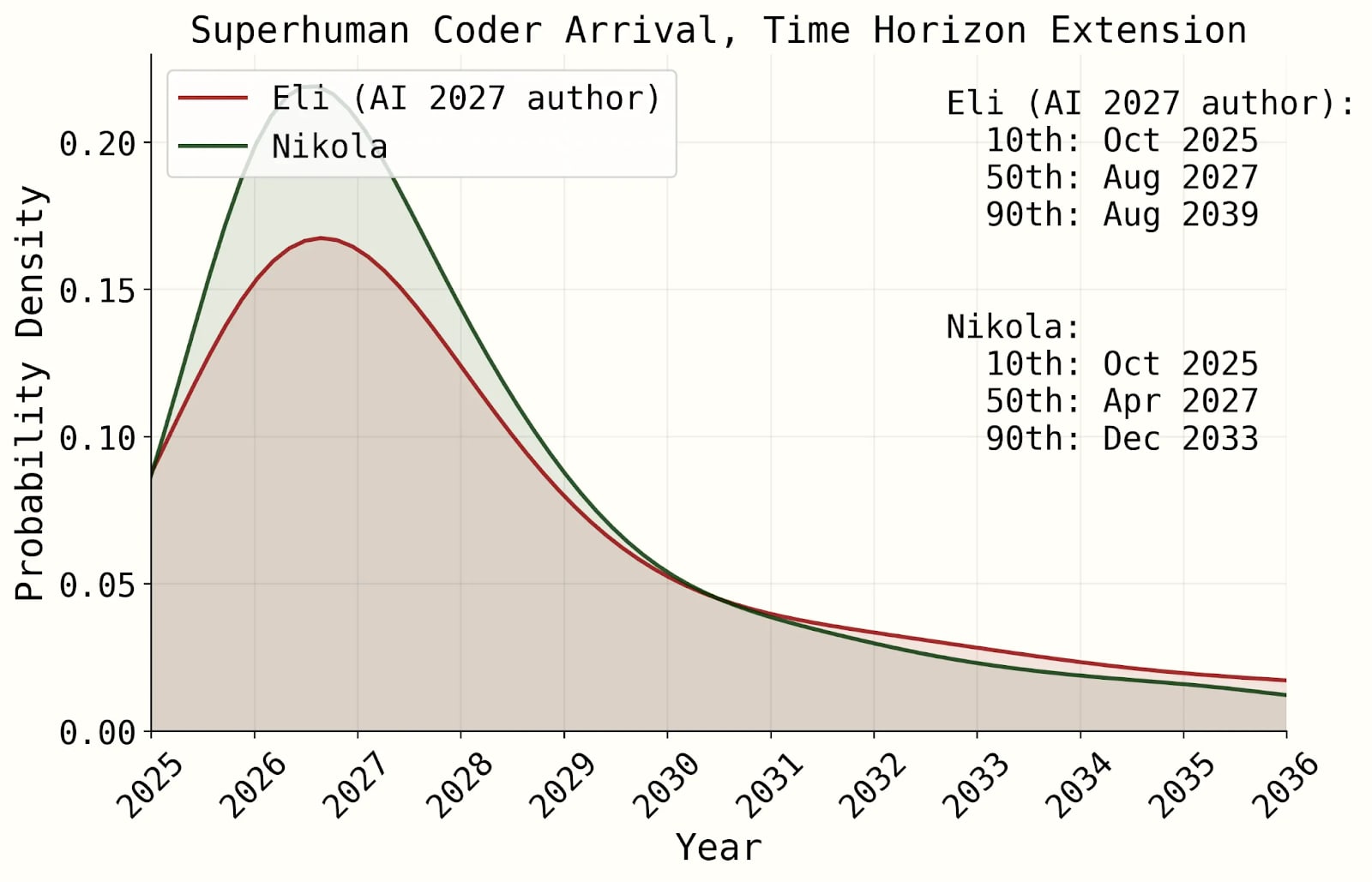Summary
People should be aware that as well as starting projects solving a specific problem they could start/support ecosystems that allow many more projects to be created.
Ecosystems
What I mean by ecosystem is an organisation or project that supports a network of people to connect with other people/ideas/resources and potentially act as an incubator for other organisations and projects in that field. In the context of this post I mean EA related ecosystems.
Examples include:
- Political parties
- Entrepreneur First
- Rotary International
And within EA:
- Centre for Effective Altruism
- EA Consultancy Network
- Improving Institutional Decision Making Group
- Effective Environmentalism
- Local EA groups
I think there are often more attempts at starting specific projects in an area before there is an ecosystem set up to support projects. For example, there have been multiple AI safety related projects but there isn’t a central coordinating organisation for the various people/orgs involved. There is no CEA for people working on AI safety, that creates websites, discussion platforms, conferences, connects mentors, surveys members etc. There is a newsletter, forum and FB groups but they have mainly been set up as separate projects rather than as part of an organisation focused on building up an ecosystem to support the whole network.
I think even when there are (research) organisations in a space, the work of coordinating the wider network isn’t prioritised and falls between the gaps or people may assume that one of the larger organisations is doing that work already.
Benefits
I’ll outline what I think are some benefits of ecosystems, although I suspect most of the benefit will come from projects supported by the ecosystem than anything that directly happens.
Benefits of building ecosystems:
- Acts as a contact point for people looking to hire/find info/find collaborators
- Could provide a high value entry point for people in that field already
- Could provide stronger reasons to stay engaged with EA, staying up to date with a group you’re interested in can be more motivating than multiple stop start projects
- Creates connections between people with similar experiences
- Provides feedback, resources and ideas for other projects
Supporting an ecosystem
To give a sense of what building an ecosystem might entail I’ll highlight some examples here (Mainly from this post):
- Introductory space - website, Slack workspace, Facebook group, Google doc
- Newsletters, podcasts
- Member directories, mentorship/coaching schemes
- Events - conferences, discussions, social
- Discussion space - Forum, Slack, Facebook group
- Research, job boards
One benefit of thinking in terms of building an ecosystem is that you can start to look for gaps in the landscape that are not being provided and potentially build them years before it otherwise would have been created.
Counter arguments
Potential reasons not to:
- Sometimes there are really good projects out there that would do more good than focusing on building an ecosystem for the wider area, potentially they create more momentum or raise more awareness
- Some people may be really good at executing certain projects and less good at ecosystem creation/support. This may be especially true in more established areas where you may need to get organisations and the community to buy into your vision of the wider ecosystem. If you don’t get a good sense of the community landscape, it is very likely that trying to create an ecosystem will fail
- For some areas, it may reduce awareness if it was separated out from the wider community. For example, if there was an effective animal advocacy forum, would that mean less relevant content shared on the EA forum?
Missing Gaps
Here are some areas that I think currently lack a coordination organisation, or potentially even a go to person. If you know of an organisation/project or person who is doing this work let me know.
- Global development
- Longtermism
- Existential risks
- Emerging technology
- Animal welfare
- Policy/Civil Service (globally)
- Academia (and subfields within academia)
- Researchers
- Journalists/media
- Lawyers (Legal Priorities Project seems to be more of a research organisation)
- Finance (globally)
- Software/tech (globally)
- Religious groups (I’m aware of people working on EA for Christians and also early work on Judaism and EA.
Thinking bigger
This is less related to the main argument but another consideration when thinking about creating an ecosystem is how encompassing you want to make it. By this I mean that you could create a space for people in London, UK, Europe or globally. I generally suggest for people to think globally if an organisation/person isn’t already in that space. For example if you want to make a group for people who want to discuss longtermism, it may not make sense to create one for each city before having a global space to have those conversations. It’s usually better to reach all the people who are interested in an idea rather than those that just happen to be in the locations where someone is an organiser. If you start globally it may then also be easier to set up local groups when there is a critical mass of people in one area that have been connected to each other via the global network.
Conclusion
I wrote this post not because I think everyone should work on ecosystem creation but because I think it should at least be considered as an option when people are thinking about what projects to get involved in, especially as it potentially leads to many more projects coming out of a well supported ecosystem.
If anyone is interested in setting up networks/communities in these spaces I’m always happy to chat in more detail about possible ways of doing that.




Do you think the EA group organiser slack could be that? In a sense, we're all organising a groups (whether it's a local group or a cause or career group). If you feel like the existing channels there are insufficient one could add a channel for cause or career groups/ecosystems.